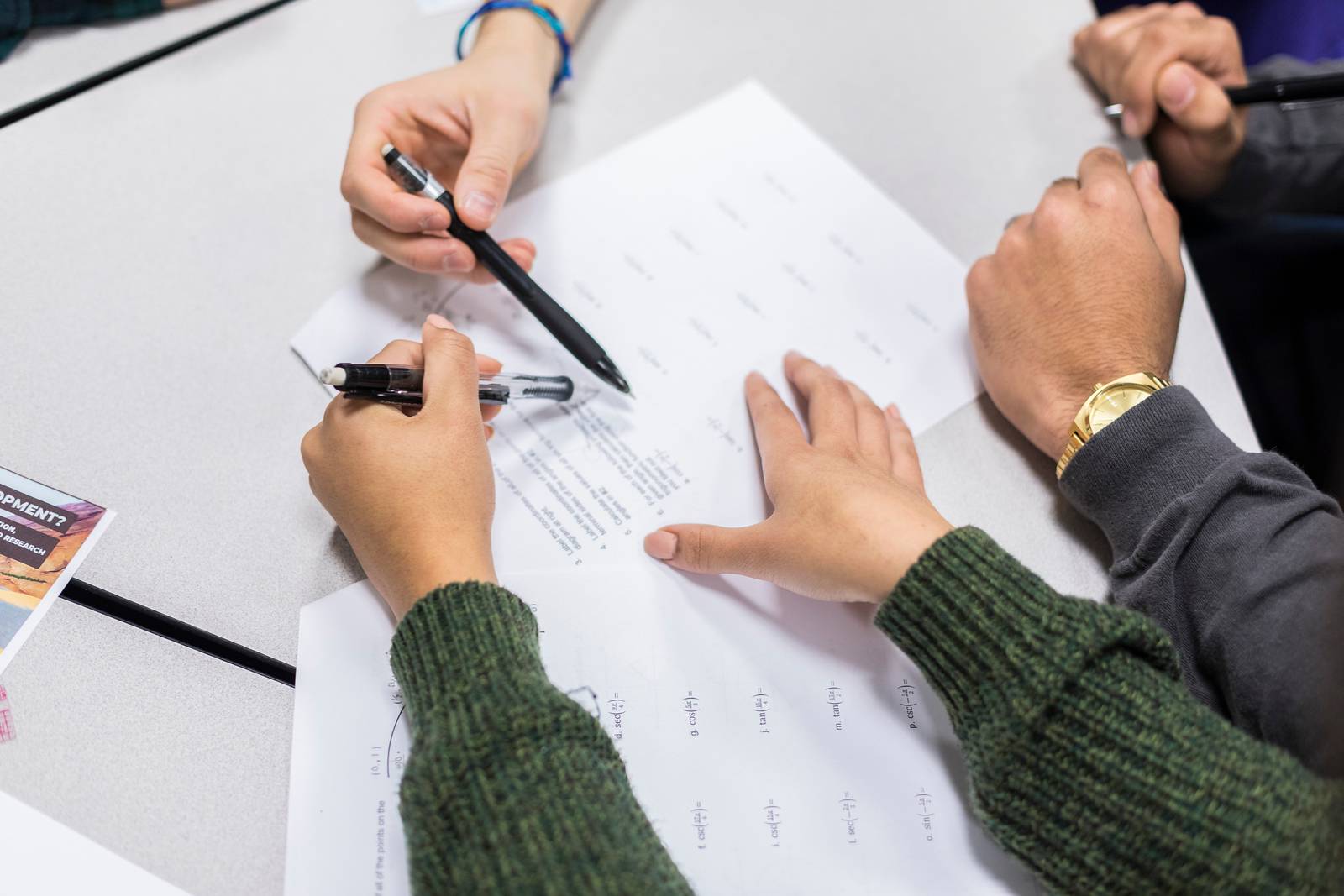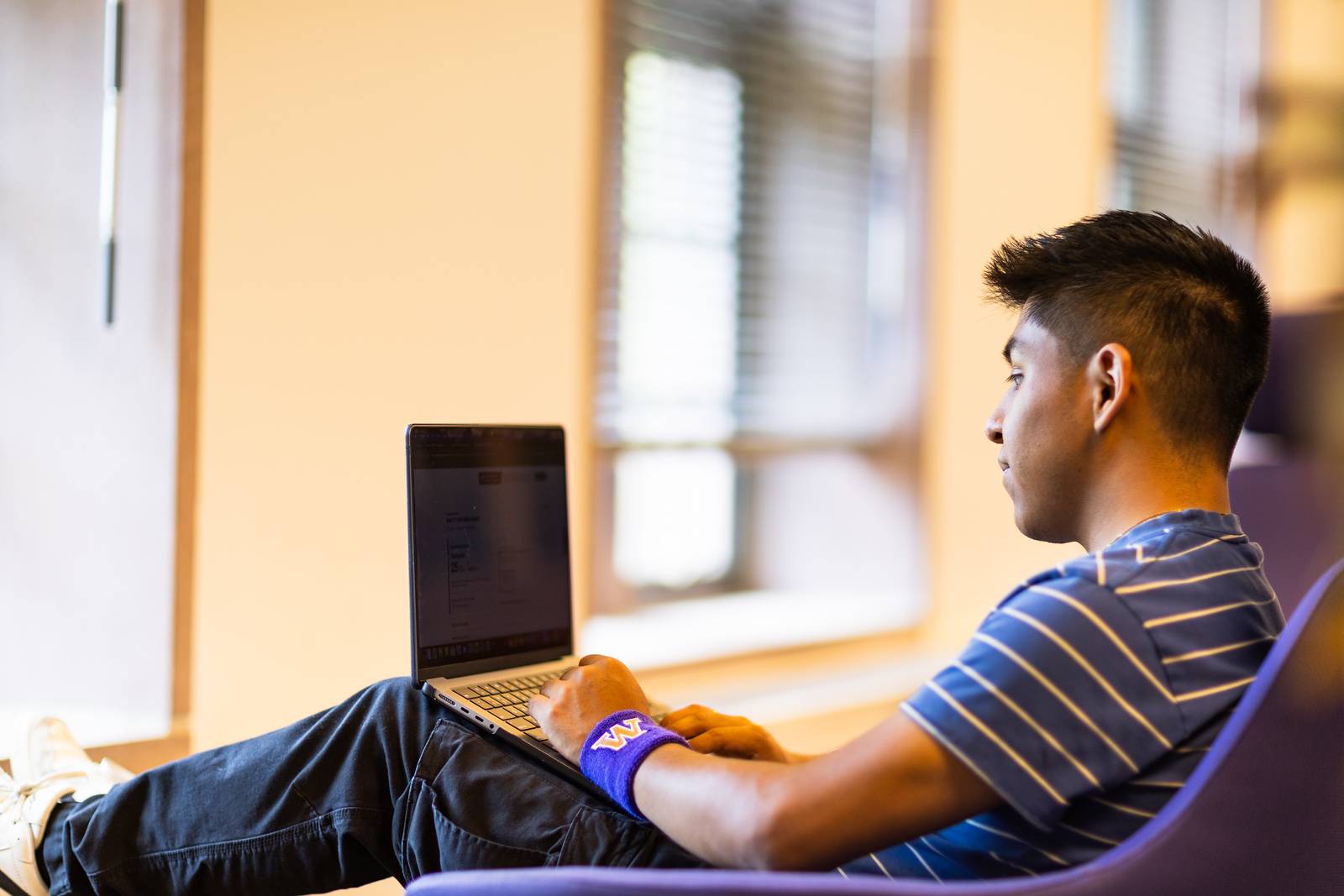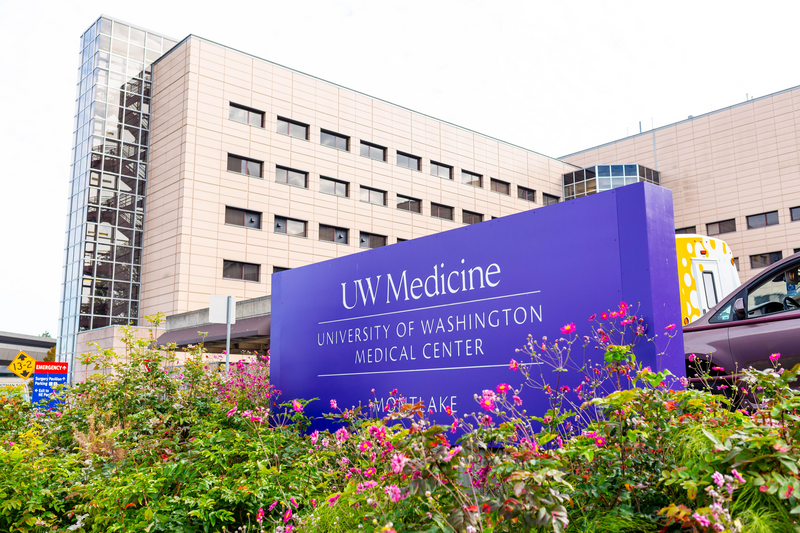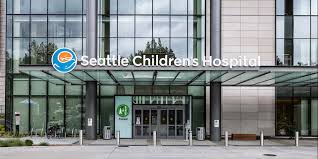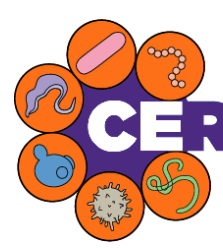Year 1: CLinical exposure
The first year of the program is designed to provide fellows with comprehensive clinical exposure across a broad spectrum of infectious diseases, regardless of their future specialization.
Fellows will spend the majority of their first year rotating through ID services at four renowned Seattle hospitals. The rotations include diverse consult services such as general ID, HIV, solid organ transplant, oncology, and stem cell transplant, ensuring a well-rounded foundation in ID clinical practice.
Rotation Sites
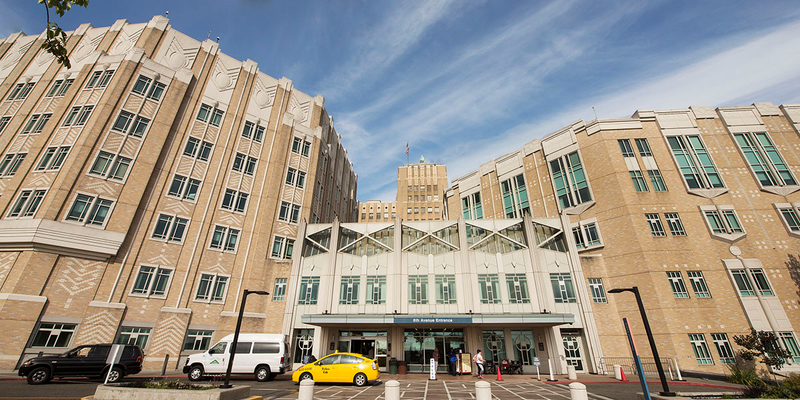
Harborview Medical Center (HMC)

The spotlight title goes here
The spotlight subtitle goes here.
Throughout the year, fellows will also maintain an outpatient continuity clinic focused on general ID, further strengthening their clinical skills.
In addition, The Program Director and Associate Program Director will meet regularly with each fellow to discuss and refine clinical and research goals for their future career. These meetings also serve to help fellows identify mentors aligned with their areas of interest, ensuring focused development and growth.
| SITE | SERVICE | TIME |
|---|---|---|
| UWMC | General ID | 4-6 weeks |
| HMC | General ID | 8-12 weeks |
| UWMC | Solid organ transplant | 10-12 weeks |
| UWMC | Oncology, bone marrow or stem cell transplant | 4-6 weeks |
| SCH | Pediatric ID | 4 weeks |
| VA | General, transplant, HIV and antimicrobial stewardship | 4-6 weeks |
| HMC | Clinical quality improvement | 2-3 weeks |
| Outpatient | General ID clinic | 1/2 day per week |
Year 2+: tracks & focus areas
In the second year, fellows specialize by selecting either research-centered or clinically oriented training. The program offers two main tracks, a Research Track, and a Clinical Track, that will determine the structure of your experience beyond year 1.
Regardless of the chosen track, all fellows continue inpatient consults in the second year of fellowship. In their third year, fellows assume junior attending roles during inpatient rotations, gaining experience working more independently.
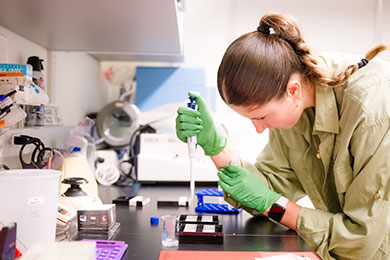
Research Track (3 Years)
The Research Track is designed for fellows who aim to specialize in ID while preparing for an academic career in areas such as basic science, clinical research, public health, or industry. Many fellows pursue advanced degrees (e.g. MPH or MS) through the world-renowned UW School of Public Health to strengthen their research credentials and training.
During the second and third years, fellows continue their clinical training while dedicating substantial time to research. Opportunities span epidemiologic studies, advancements in diagnostic and therapeutic approaches, laboratory-based investigations, and implementation science. Our goal is to support, cultivate, and advance each fellow’s individual career and research interests.
Fellows undertake a wide range of research projects, with recent topics including HIV/STIs, Tuberculosis, Clinical Epidemiology, Antimicrobial Stewardship, and Infection Prevention and Control.
Examples of recent primary research projects include:
- Evaluating immune responses to malaria vaccine candidates in a Controlled Human Malaria Infection Trial - Dr. Lauren Jatt
- Cause-Specific Mortality Rates Among Sexual Health Clinic Attendees in King County, WA - Dr. Travis Hunt
- Factors Associated with Latent Tuberculosis Treatment Initiation for Primary Care Patients in a Large Health System - Dr. Alice Lee
- A road to HTLV-1 mother-to-child transmission elimination in Peru - Dr. Jorge Robledo
- QI in Cancer Care: Applying Diagnostic and Antimicrobial Stewardship - Dr. Emily Rosen
- Developing Clinical Molecular Diagnostics in Mucormycosis and Syphilis - Dr. Hayden Smith
Fellows benefit from rich opportunities to collaborate and build professional networks through academic and research centers at the University of Washington, throughout Seattle, and across the state. They may participate in a variety of centers, including:
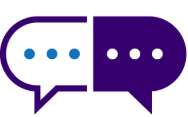
CSiM
Center for Stewardship in Medicine
learn more
The first card title goes here
Text goes here. Double-click the arrows to set the links for each card.
learn more
The second card title goes here
Try to keep text short so visitors can quickly scan these cards.
learn more
The third card title goes here
You can highlight and delete any cards you do not need.
learn more
The first card title goes here
Text goes here. Double-click the arrows to set the links for each card.
learn more
The second card title goes here
Try to keep text short so visitors can quickly scan these cards.
learn more
| Inpatient Services | 4-6 weeks & 3 weeks risk |
|---|---|
| Outpatient Clinic | 1/2 day weekly clinic throughout the year (HIV) |
| Inpatient Services | 4 weeks (transition to clinical independence) & 3 weeks risk |
|---|---|
| Outpatient Clinic | 1/2 day weekly clinic throughout the year (area based on interest) |
In some cases, fellows may extend their training to a fourth year, especially those on the ABIM research pathway, to gain additional research experience and prepare for independent investigator careers.
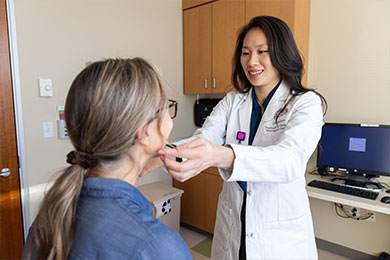
Clinical Track (2 years)
The Clinical Track is intended for fellows who wish to specialize in clinical practice and education within the field of ID. The second year emphasizes clinical training, leadership development and scholarly work.
Fellows spend the majority of their time in mentored, hands-on training in areas such as antimicrobial stewardship, infection prevention, quality improvement, and medical education. Fellows also have the opportunity to design and implement scholarly or quality improvement projects.
Clinical Track Focus Areas
Fellows in the Clinical track focus in one of three areas, each associated with a primary hospital:
HIV Focus
The HIV Clinical track is a 2-year ID fellowship program focused at Harborview Medical Center designed to support a fellow interested in HIV clinical care in academic medicine. Specifically, they will gain expertise in the nuances and complexities of modern HIV care. Areas of training will include complex antiretroviral management, including long-acting injectables, commonly occurring co-infections, opportunistic infections, syndemic care (i.e. substance use, viral hepatitis, and homelessness) and HIV related co-morbidities.
In the second year of fellowship, the fellow will have additional inpatient time on the HIV consult service at Harborview, outpatient continuity clinic at the Madison clinic, and participation in the low barrier care (LBC) HIV clinics.
- Opportunity to rotate in specific clinics in areas of interest: Hepatology for HCV management, King County's Sexual Health and TB clinics, and anoscopy clinic for additional high resolution anoscopy (HRA) training.
- Mentored project and specific roles tailored to the interests of the fellow, including quality improvement interventions, medical education, and collaboration with community partners and Public Health on novel delivery of HIV treatment and prevention services.
- Primary mentorship will be from Madison Clinic leadership; project mentorship will be drawn from UW experts, including those in Public Health, core Madison faculty, and other relevant faculty.
Solid Organ Transplant (SOT) Focus
The Solid Organ Transplant (SOT ID) Clinical Track at the University of Washington Medical Center is a 2-year ID fellowship program that offers a dynamic training opportunity for fellows looking to develop expertise in the complexities of infections following organ transplantation. Fellows will gain exposure to a wide range of transplant-related infections across multiple organ systems, preparing them for clinical care and leadership roles in transplant infectious diseases.
The University of Washington is the major center for solid organ transplantation in the region, serving patients from the WWAMI (Washington, Wyoming, Alaska, Montana, and Idaho) areas. Fellows will have extensive inpatient and outpatient exposure to infections across various organ transplants, including lung, heart, liver, kidney, and multiorgan transplants. This diverse clinical environment offers a broad spectrum of infectious disease challenges.
- Scholarly support is provided to engage in quality improvement, diagnostic, and antimicrobial stewardship projects.
- Extensive didactic training ensuring a rich learning environment.
- Mentorship is a cornerstone of the program for personalized support in both clinical care and research.
Antimicrobial Stewardship (AMS) and Infection Prevention (IP) Focus
The Antimicrobial Stewardship and Infection Prevention (AMS/IP) Clinical Track is focused either at the University of Washington Medical Center, Harborview Medical Center or at the VA Puget Sound Health Care System (VAPSHCS) with a rich clinical, quality, improvement, and research ecosystem. There are several unique opportunities for second year fellows focused in this area.
At the VA Puget Sound Health Care System, second year fellows in this track will have a dedicated panel of Veterans living with HIV at the Seattle VA, and the opportunity to create a personalized outpatient clinical experience by participating in additional clinics at the VA and other facilities within our program.
- Scholarly support is provided to participate in multiple quality improvement and/or research projects using the local, regional, or national clinical data
- These projects will be guided by mentors within the VAPSHCS as well as mentors at other VAs and other facilities within our program.
Second year fellows also have an opportunity for individualized mentorship, based on the fellow’s interests and career goals either at Harborview Medical Center or the University of Washington Medical Center. Clinical and scholarly opportunities include focus on inpatient or outpatient AMS/IP in oncology ID, solid-organ-transplant ID, and general ID in either a level-1 trauma center and county hospital or tertiary referral center, and NCI-designated comprehensive cancer center.
- Interdisciplinary approach, with mentorship by AMS physicians and pharmacists, IPC physicians and epidemiologists.
- Hands-on experience and formal epidemiology and QI coursework opportunities.
- Medical education opportunities with the medical school and with colleagues across the region in the UW Center for Stewardship in Medicine's Tele antimicrobial Stewardship Program (UW-TASP) https://www.uwcsim.org/
- Support for data analytics through the AID/ DOM Research Collaboratory: https://sites.uw.edu/hyangkim/53-2/
| Inpatient Services | 4 months & 4-6 weeks risk, focused at primary site |
|---|---|
| Outpatient Clinics | 1/2 day clinic, three times per week, throughout the year (HIV, SOT or General ID) |
| Other Activities | Scholarly or quality improvement projects, teaching activities, development of protocols, antimicrobial stewardship initiatives |






